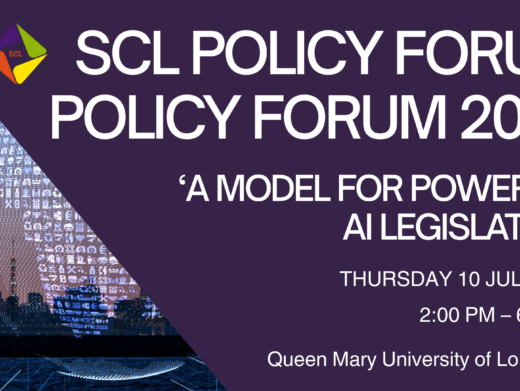The UK government is consulting on how copyright material can be used to train AI models. It aims to ensure protection and payment for rights holders and support AI developers to innovate responsibly.
Currently, uncertainty about how copyright law applies to AI is holding back both sectors from reaching their full potential. It can make it difficult for creators to control or seek payment for the use of their work, and creates legal risks for AI firms, stifling AI investment, innovation, and adoption. After previous attempts to agree a voluntary AI copyright code of practice proved unsuccessful, the government wants to work with the creative and AI sectors to deliver a workable solution.
To address this, the consultation proposes introducing an exception to copyright law for AI training for commercial purposes while allowing rights holders to reserve their rights, so they can control the use of their content. Together with transparency requirements, this aims to give them more certainty and control over how their content is used and support them to strike licensing deals. This would also give AI developers greater certainty about what material they can and cannot use and ensure wide access to material in the UK.
Before these measures could come into effect, further work with both sectors would be needed to ensure any standards and requirements for rights reservation and transparency are effective, accessible, and widely adopted. This would allow for smooth application by AI developers and right holders alike, ensuring rights holders of all sizes can reserve their rights and that any future regime delivers government objectives. These measures would be fundamental to the effectiveness of any exception, and the government says that it will not introduce an exception without them.
The consultation also proposes new requirements for AI model developers to be more transparent about their model training datasets and how they are obtained. For example, AI developers could be required to provide more information about what content they have used to train their models. This would enable rights holders to understand when and how their content has been used in training AI.
Licensing is essential as a means for creators to secure appropriate payment for their work, and the proposals lay the groundwork for rights holders to strike licensing deals with AI developers when rights have been reserved. The government cites the example of a photographer who uploads their work onto their internet blog and could reserve their rights, with confidence that their wishes will be respected and generative AI developers will not use their images unless a licence has been agreed. This aims to support the creative and media industries’ control, and their ability to generate revenue from the use of their material and provide AI developers with certainty about the material they can legally access.
The government welcomes licensing deals that have already been agreed, including by major firms in the music and news publishing sectors. However, it says that many more creators and right holders have not been able to do so under the current copyright regime. It says that the creative industries, and businesses of all sizes, need more help to control their content and strike licensing deals.
The consultation also recognises issues related to the protection of personality rights in the context of digital replicas, such as deepfake imitations of individuals, and seeks views about whether the current legal frameworks are sufficiently robust to tackle the issue.
The consultation ends on 22 February 2025.



